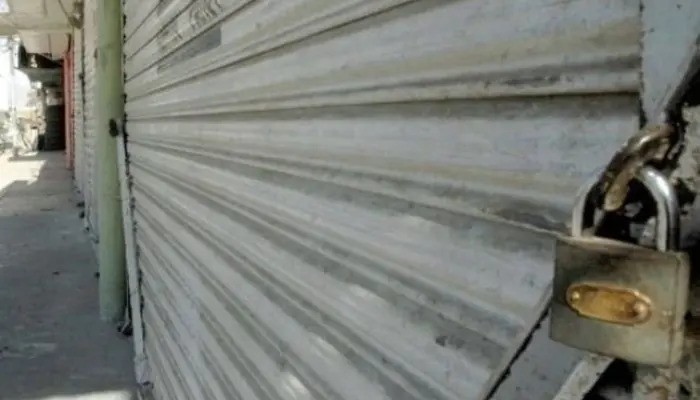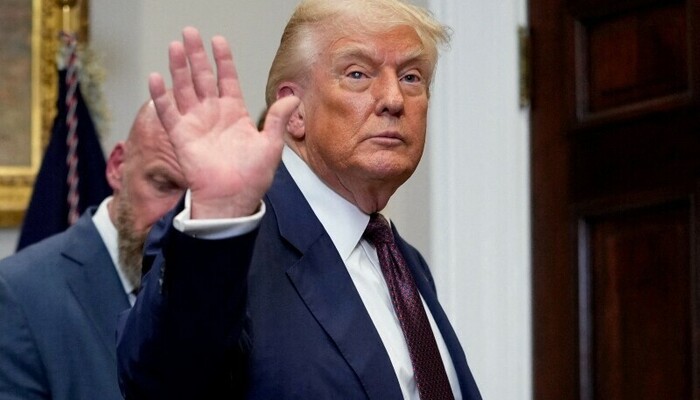
A massive traders’ strike swept across Pakistan on Saturday, with major markets in cities like Karachi, Lahore, and Peshawar shutting down in protest against the Federal Board of Revenue’s (FBR) expanded powers. However, Islamabad stood apart, where markets remained open and business continued as usual. The strike drew widespread support from traders, restaurant owners, and transport unions, signaling growing unrest in the business community over alleged FBR overreach.
Business Hubs Fall Silent
In Karachi, the country’s commercial capital, key markets including Jodia Bazaar, Saddar Electronics Market, and mobile phone hubs shut their doors. Wholesale fruit and vegetable markets also joined the protest. The All Pakistan Restaurants Association backed the call, as did local transport unions, intensifying the disruption across the city.
Jawed Bilwani, President of the Karachi Chamber of Commerce and Industry (KCCI), said the protest was inevitable. “We received no written assurance from the government, and our concerns remain unaddressed,” he stated. “If this continues, we will escalate our movement.”
Lahore Traders Show Strong Solidarity
Lahore witnessed a complete closure of its primary commercial areas, such as Shah Alam Market, Akbari Mandi, Hall Road, Mall Road, and Anarkali. Both small traders and larger business groups expressed unity in rejecting the FBR’s new authority, which they claim allows officials to harass businesses without due process.
The Lahore Chamber of Commerce also lent its support. Traders’ union leader Haji Maqsood Butt declared the strike a success, saying, “We will not tolerate unjustified enforcement. If the FBR continues to misuse its powers, we will not hesitate to take stronger action.”
Read: Pakistan Targets New Investments for Economic Growth
Other Cities Follow Suit
Hyderabad saw a mixed response. While major commercial spots like Anaj Mandi, Resham Bazaar, and Gul Centre were fully closed, some areas remained partially open. Traders cited confusion over the strike’s scope, but overall participation was strong.
In Quetta and Peshawar, many markets were shut down by mid-morning. Local leaders in both cities emphasized the need for the government to listen to traders’ concerns. “This is not about tax evasion,” said a Peshawar trader. “It’s about dignity and fair treatment.”
Smaller towns and semi-urban areas across Sindh, Punjab, and Khyber Pakhtunkhwa reported varying levels of participation, with many shopkeepers locking up early in the day in anticipation of pressure from local unions.
Traders Demand Policy Rollback
At the heart of the protest is opposition to recent amendments that empower FBR officials to seal businesses, raid premises, and demand extensive documentation—often without prior notice. Traders say this has led to harassment, extortion, and arbitrary fines.
The protesting groups are calling for:
A rollback of FBR’s new enforcement powers
A written guarantee from the government to revise these policies
Proper consultation with business stakeholders before implementing changes
“The FBR has gone from tax collection to intimidation,” said a trader in Lahore’s Akbari Mandi. “We support fair taxation, but we cannot accept bullying.”
Government Yet to Respond
So far, the federal government has not issued any official response. However, sources within the Finance Ministry indicated that talks with business representatives could take place early next week.
The lack of immediate engagement has only deepened frustration. “If our voices are ignored, we will make them louder,” warned KCCI’s Bilwani. “This is just the beginning.”
Islamabad Remains Open
Interestingly, Islamabad did not follow suit. Most businesses in the federal capital operated normally throughout the day. Traders in the city said they were observing the situation but had not committed to a full shutdown. Some speculated that stronger administrative controls and lack of coordination among local unions played a role in the decision.
Nonetheless, the contrast between Islamabad and the rest of the country highlighted the growing divide between the capital’s bureaucracy and ground-level business sentiments elsewhere.
What Comes Next?
As tensions rise between the business community and federal authorities, the success of this strike could lead to wider unrest if demands remain unmet. The coming days will determine whether the government is willing to engage in meaningful dialogue or whether the standoff intensifies further.
Follow us on Instagram, YouTube, Facebook,, X and TikTok for latest updates












